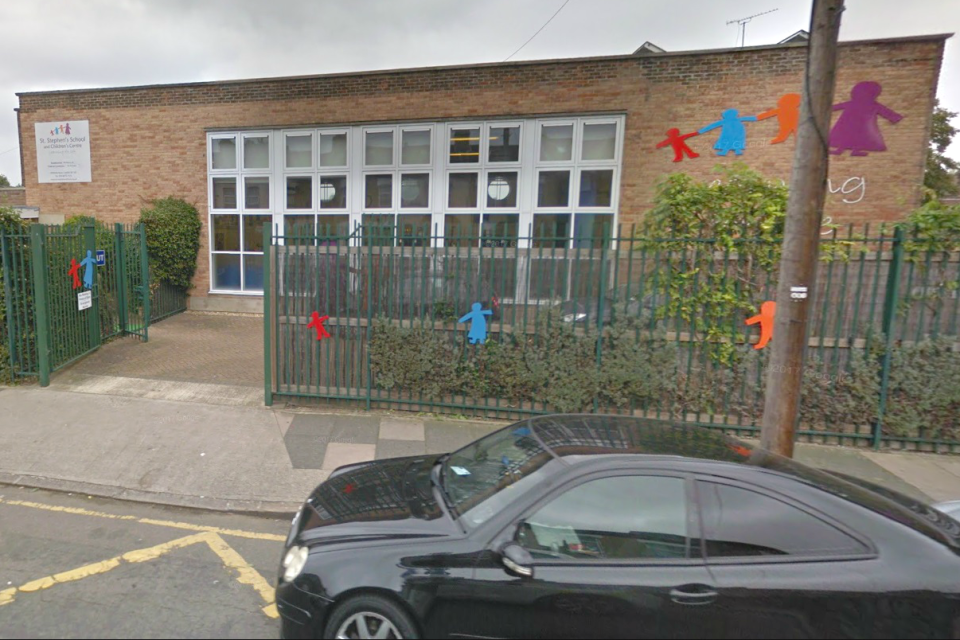Teachers at school in Newham that banned hijab were failed by council, say inspectors

Education chiefs have been criticised for failing to support a primary school at the centre of a row over banning the hijab.
Teachers at St Stephen’s school in Newham faced a coordinated campaign of bullying and harassment after the school stopped young girls from wearing the headscarf.
Staff were not given proper “emotional care and public support” by the local authority during the crisis, says a damning report by Ofsted.
Inspectors made an emergency visit after the school became a target of abuse from people protesting against the headteacher’s decision to stop girls aged under eight from wearing the hijab. The abuse was so vicious that the headteacher Neena Lall was compared to Hitler and the ban was reversed.
Inspectors, who published their findings today, said the school continued to be “outstanding”, but said it was let down by “ineffective” support from Newham council. St Stephen’s, a secular state school in an area with a large Pakistani and Bangladeshi community, was last year named as the best primary in England.

In June last year, Mrs Lall removed the hijab from the school uniform for girls aged seven and under and tried to curb young children from fasting at school in case they became unwell. She was interviewed about the move by a Sunday newspaper last month.
The Ofsted report said: “School leaders, and in particular the headteacher, have faced bullying and harassment, and there is evidence that this has been coordinated by some people outside the school community. The local authority has provided some support to the school in managing the manipulative and sometimes abusive correspondence and comments made by email and across social media.
“However, considering the position the school found itself in, and the fact that some correspondence appears to have been coordinated, the local authority’s approach has been perfunctory at best, stopping short of supporting the school in its policy position.
“Instead, the local authority has positioned itself as a moderator to manage relationships between the school, councillors and community groups.
“The expected level of emotional care and public support for school staff from the local authority has been too limited and, as a result, ineffective.”
Inspectors revealed that before the hijab ban the school had come under pressure from community leaders seeking to interfere in the running of the school. It said that someone from the local mosque wrote to parents saying that children were likely to be removed from the madrasa — religious education at the mosque —if they missed evening classes for a planned school overnight trip. Praising teachers, the report said: “The school rightly challenged this and, as a result, children who otherwise would not have benefited from the residential trip were able to attend without negative consequence.”
Inspectors praised staff for creating a “calm and purposeful school environment where children thrive in a culture of high expectation and positive affirmation”.
The report said: “The negative comments and abusive postings found in some recent social media about the school’s uniform policy and position on children fasting for religious observance are in complete contrast to the atmosphere within the school and appear to be largely instigated by people from outside the parental body.”
Inspectors went into the school because of concerns there had been a breakdown in trust between teachers and parents, following the hijab ban.
But their report said: “Parents say that leaders are very approachable and listen carefully to their views. There is a culture of trust.”
A Newham council spokeswoman said: “We refute Ofsted’s comments about a lack of support and have provided significant support to this school over a period of time, prior to the interview and after the media reporting.
“With such a diverse community, that has more than 200 languages spoken, councils must play a role in ensuring mutual respect and tolerance for those with different faiths and beliefs."

 Yahoo News
Yahoo News 
